The forgotten female soul singers who changed the music world
It's time to give them their due
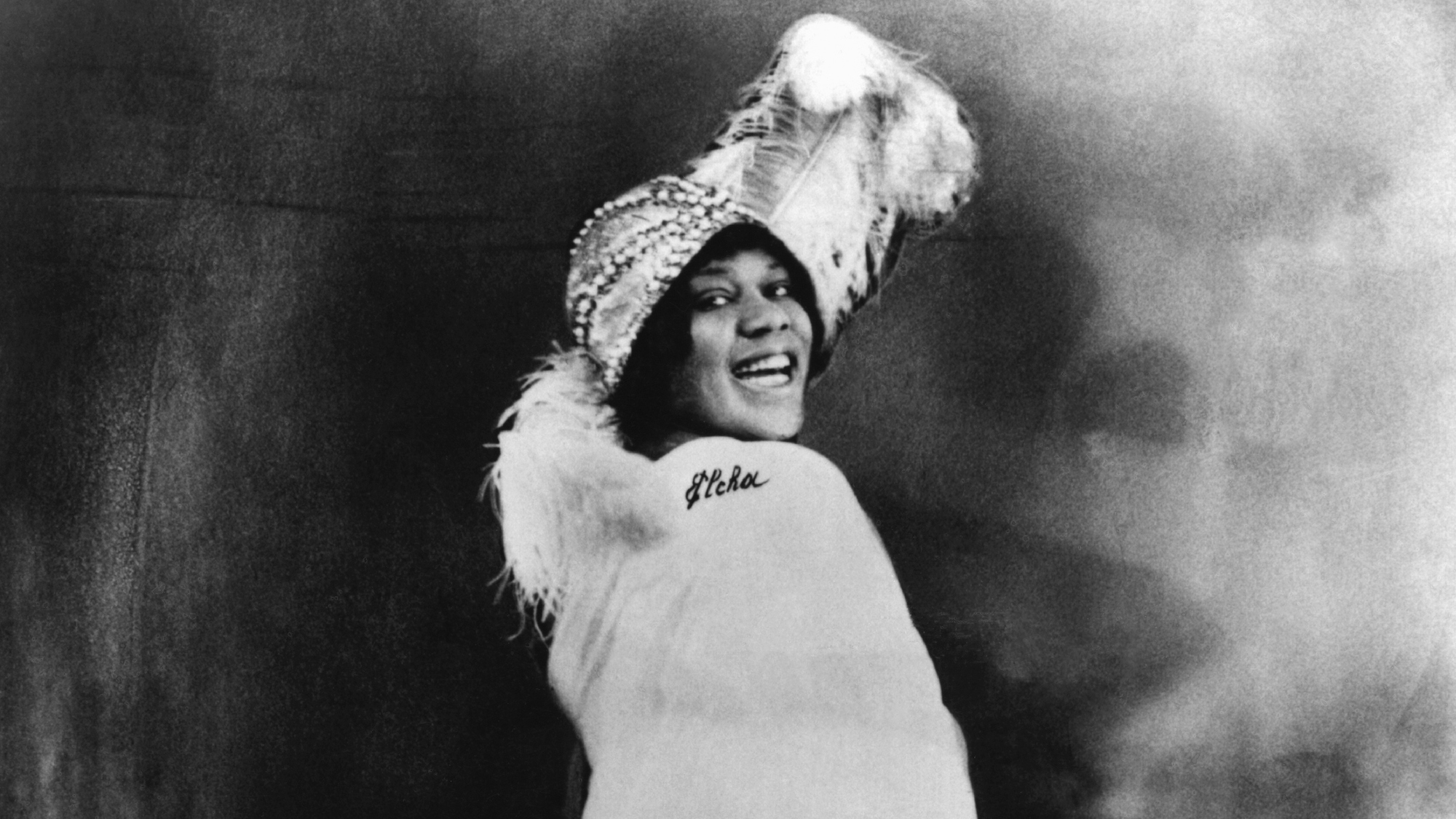
It's time to give them their due
Words by Imelda May
My first original female icon of soul is the Queen of the Blues, blues goddess Bessie Smith. Arguably the greatest female blues singer who ever lived, Bessie blazed a trail for female blues singers and entertainers in general, being one of the first high profile female icons, performing to huge crowds across America. She was also a gifted songwriter as well as performing on Broadway. She has been inducted into the Grammy, Rock and Roll, Big Band and Jazz, and Blues Halls of Fame and also was awarded a Grammy Lifetime Achievement award. Bessie was openly bisexual and could be considered one of the first female gay icons. Her life was recently documented in a brilliant HBO bio-pic with Queen Latifah playing her perfectly.
Her life was hard – her tempestuous relationship with small time criminal husband Jack Gee is well documented (they both had many affairs) who she divorced in 1929 and was heart broken when he won custody of their adopted child. But she didn’t suffer fools, stories of her foreboding presence include, knocking out a pianist Clarence Williams in an argument over money and the tale that while on tour in 1927, she took on the Ku Klux Klan and won when they showed up at one of her shows looking for trouble.
I loved Bessie’s sex appeal – she tapped into the new taste for salacious songs, proudly displaying female sexuality in songs like Empty Bed Blues, Need A Little Sugar In My Bowl and I’m Wild About That Thing. Her vocal texture was so unique – she could do clear and sweet and dirty and growly all in the same bar… she also inspires me as a songwriter.
Songs she wrote like, Young Woman’s Blues and ‘Baby Doll and wrote approximately a 1Ž4 of all the songs she recorded although she was never given a writing credit. In this day and age when women are still trying to balance the male and female presence in the music industry – she is both an inspiration and example of how we must always demand equality in music and in life.
My second female icon of soul is Gospel music’s first superstar and guitar virtuoso Sister Rossetta Tharpe – often overlooked in terms of her musical influence, Sister Rossetta was a Gospel and blues singer songwriter, born in 1915 to a religious mother she became famous across the churches of America as a child prodigy performing in her mother’s church in Chicago.
Marie Claire Newsletter
Celebrity news, beauty, fashion advice, and fascinating features, delivered straight to your inbox!
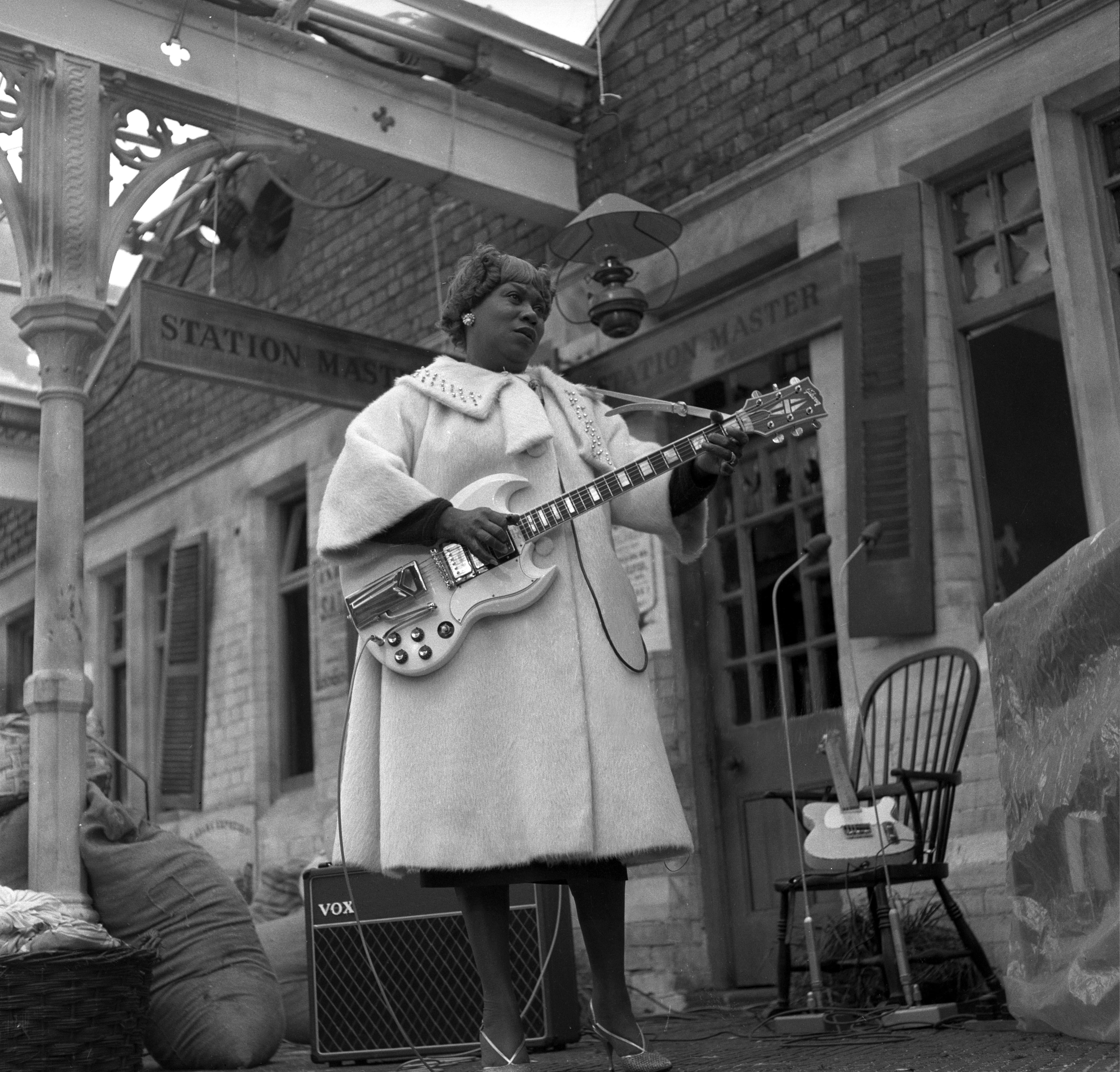
She went on to become one of the most famous female performers at the time, performing secular music hits such as Tall Skinny Poppa and Rock Me with band leader Lucky Millinder, signing to my record label Decca in her early 20s. She later returned to Gospel music performing and playing electric guitar (a huge novelty at the time for a young woman) with some of the meanest, aggressive guitar work that pre-dates Hendrix and Clapton… She cultivated a showbiz persona and her third marriage to manager Russell Morrison was recorded and publicly performed in a stadium (with the rights sold to her record label) – she was a pop star of her time but will be best remembered for her incredible soulful voice and incredible guitar work!
Her influence is huge and she is a true icon of soul. From bringing a white singing group The Jordanaires on tour with her across segregated white America, to developing an innovative picking style on the guitar that influenced Chuck Berry, Elvis and Bob Dylan, to her girl group style backing band the Rosettes who’s gospel girl group harmony’s pre-date the 60s girl groups that would follow. Her music had feeling. So much feeling in her religious songs like This Train to civil rights influenced Strange Things Happening Everyday show her passion was second to none and she inspired a generation who would go onto to take her upbeat interpretation of soulful gospel and turn it into Rock N Roll.
One of my favourite performances is when she entertained a group of 60s teenage British blues enthusiasts at a disused train station in 1964 just outside Manchester for a ‘folk, blues & gospel’ TV special filmed by Granada TV, with performers including herself and Muddy Waters performing on one side of the tracks while the audience sat on the other – a surreal experience but Sister loved it and it shows her influences went far and wide, which continues till this day through her connection to Rock N Roll and its continued musical legacy that lives on in its different forms in roots and modern music…
Big Mama Thornton is my final female icon of soul. One of the greatest female blues singers of all time and hugely influential on late 50s and 1960s artists including Elvis Presley and Janis Joplin.
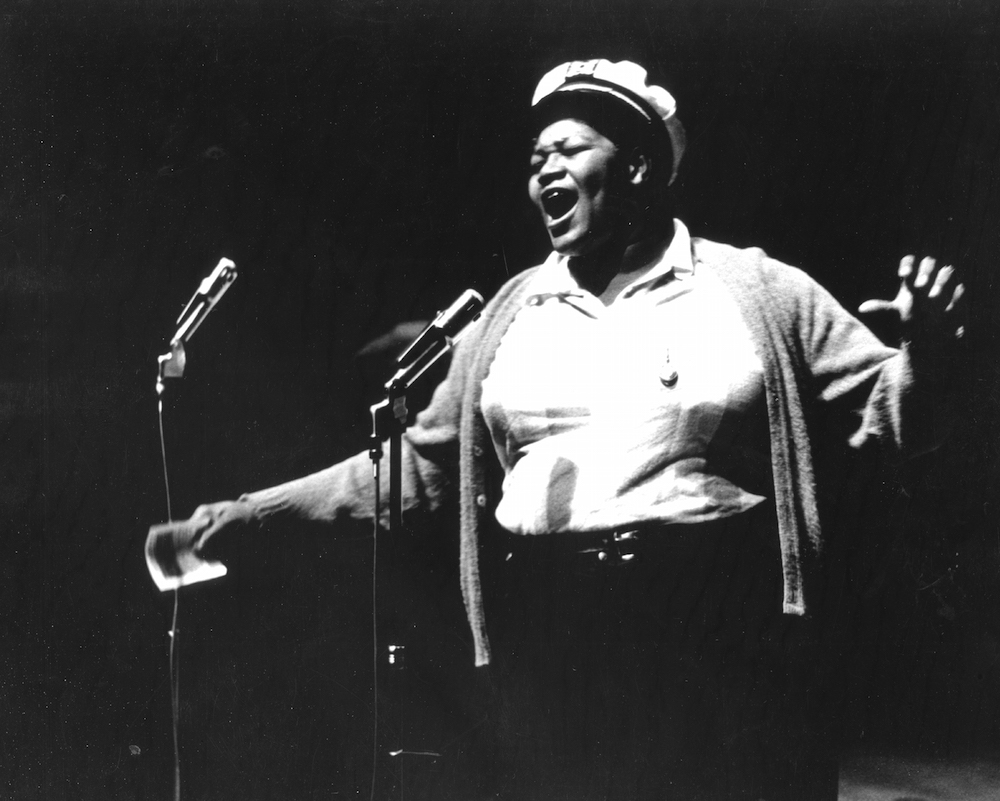
With her huge raspy tone – she was the first person to cut the record Hound Dog which was a big hit, before it was overshadowed by Elvis’ subsequent recording. Born in the 1920s in Alabama she left school early, cleaning spittoons in a tavern before joining Sammy Green's Hot Harlem Revue, following in Bessie Smith’s footsteps, she performed the vaudeville circuit across America before she secured a recording contact with Peacock records in the 50s and recorded tracks including Ball & Chain which was shelved until Janis Joplin’s version was released many years later. She blurred gender lines often adopting masculine dress challenging gender stereotypes at a time of deep repression… Whilst predominantly known for her incredible blues voice, harp playing, she was influenced by many of the early spiritual singers from The Dixie Hummingbirds, The Soul Stirrers, Mahalia Jackson and incorporated the feeling of spiritual music into her blues, she even cut an incredible spiritual record in the 1970s called Saved which I love.
Imelda May’s breakthrough new album Life. Love. Flesh. Blood is out now, receiving high praise from critics and celebrity fans alike.
Imelda counts Bob Dylan, Tom Jones and Bono amongst her fans.
She tours the UK in November performing at venues including her debut at The Royal Albert Hall on 22 November.
The leading destination for fashion, beauty, shopping and finger-on-the-pulse views on the latest issues. Marie Claire's travel content helps you delight in discovering new destinations around the globe, offering a unique – and sometimes unchartered – travel experience. From new hotel openings to the destinations tipped to take over our travel calendars, this iconic name has it covered.
-
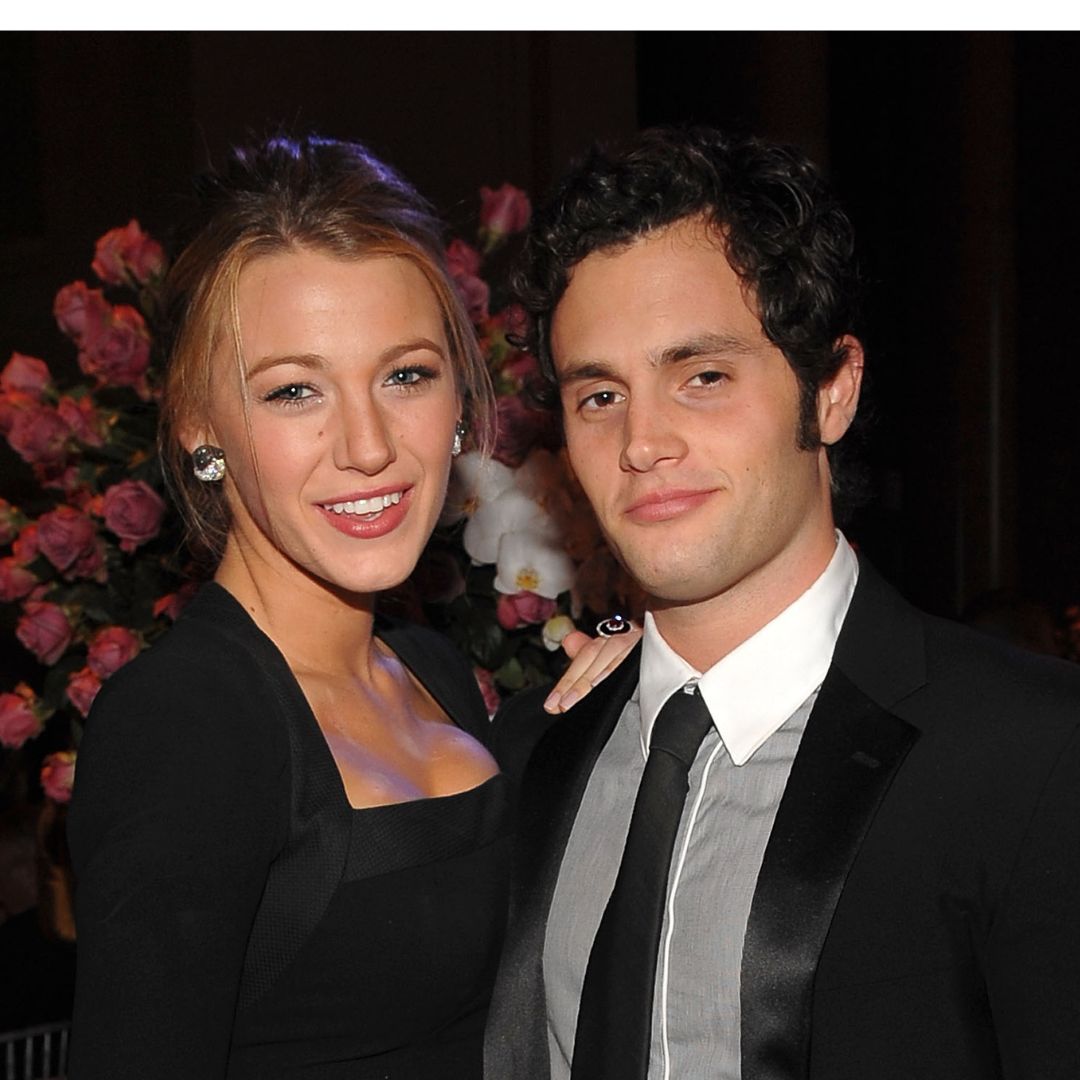 Penn Badgley credits ex girlfriend Blake Lively for "saving" him from the pitfalls of fame
Penn Badgley credits ex girlfriend Blake Lively for "saving" him from the pitfalls of fameBy Jenny Proudfoot
-
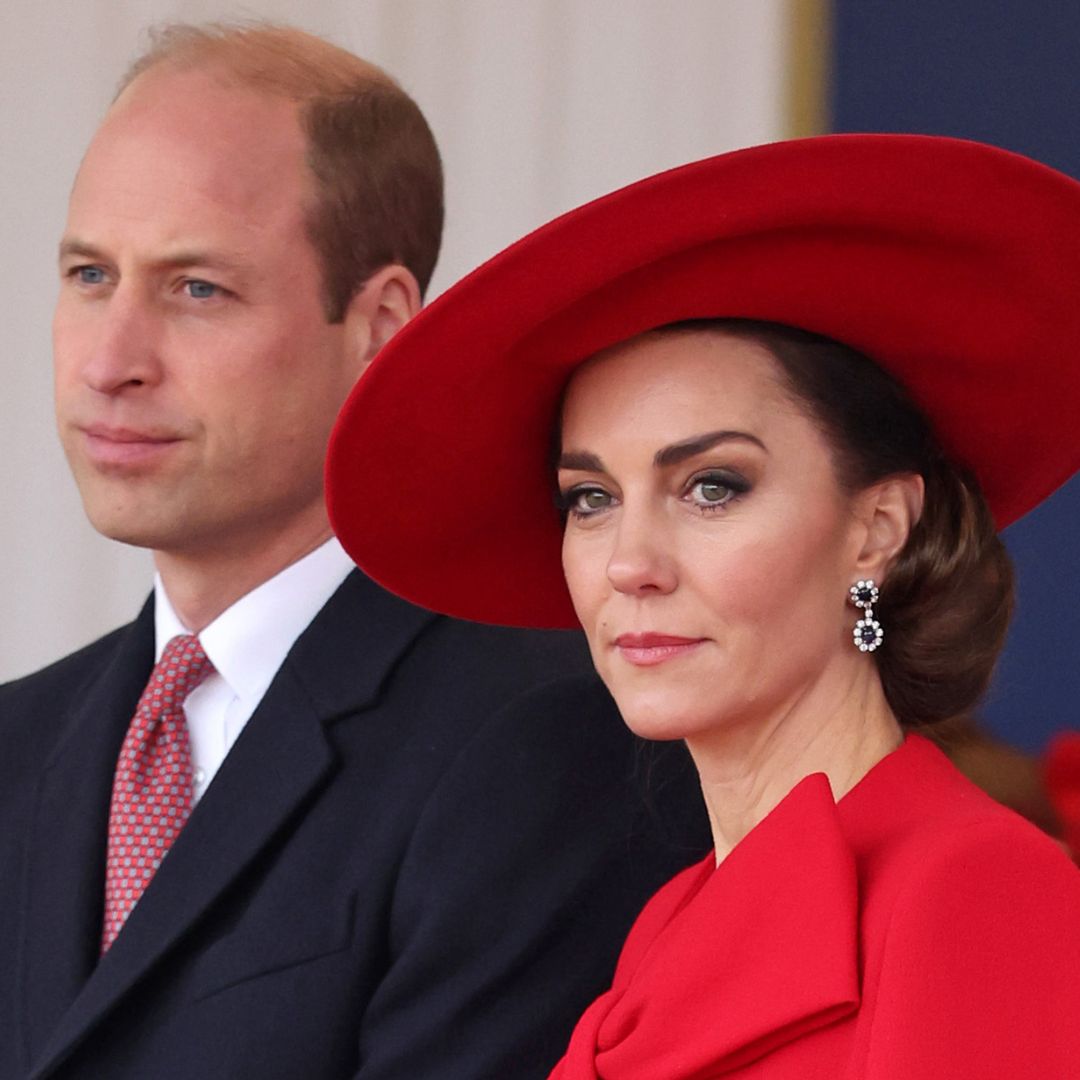 Prince William and Princess Kate's Easter absence has reportedly "raised eyebrows at the palace"
Prince William and Princess Kate's Easter absence has reportedly "raised eyebrows at the palace"By Jenny Proudfoot
-
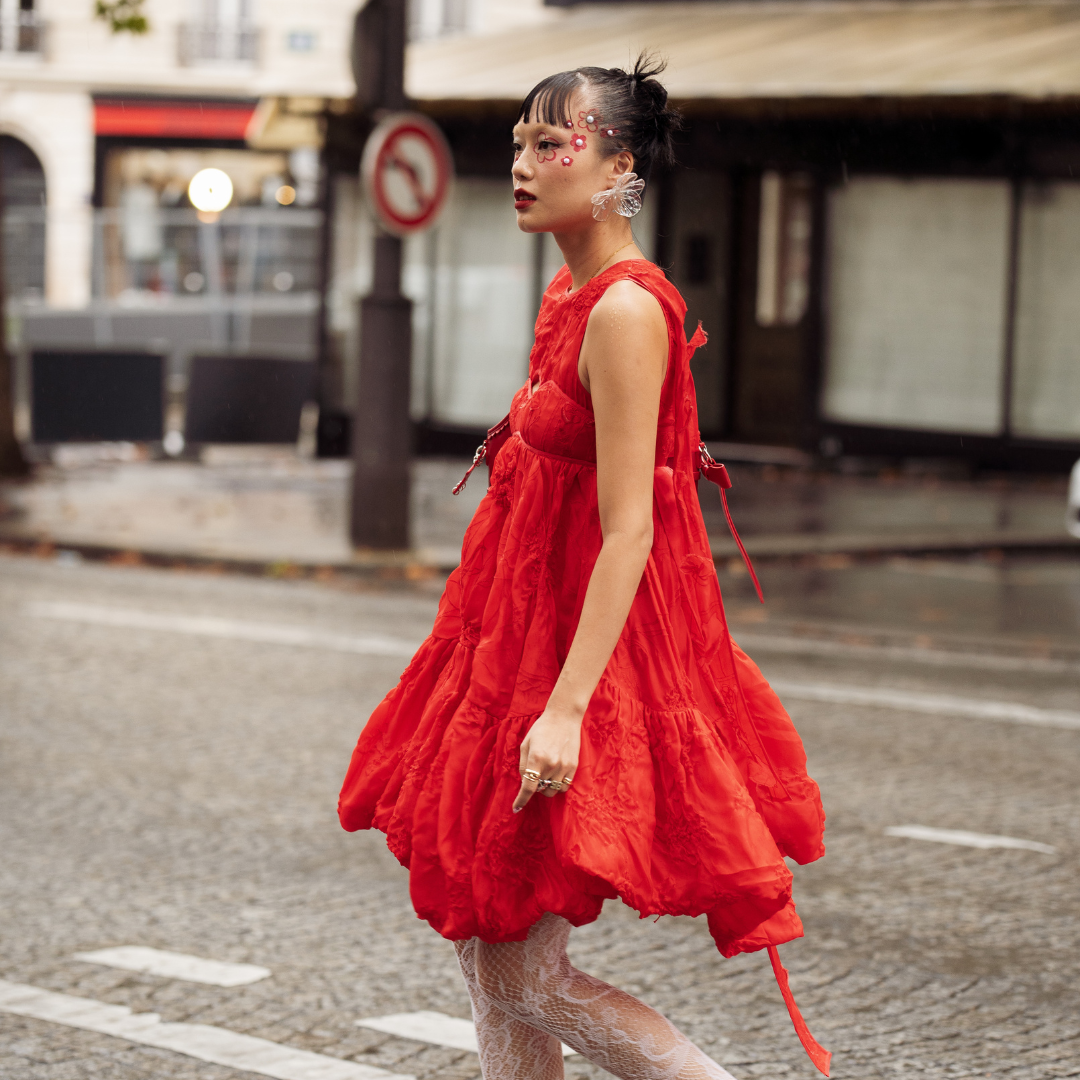 This divisive Nineties trend just got a high-fashion makeover
This divisive Nineties trend just got a high-fashion makeoverAll the cool girls are wearing babydoll dresses again
By Sofia Piza